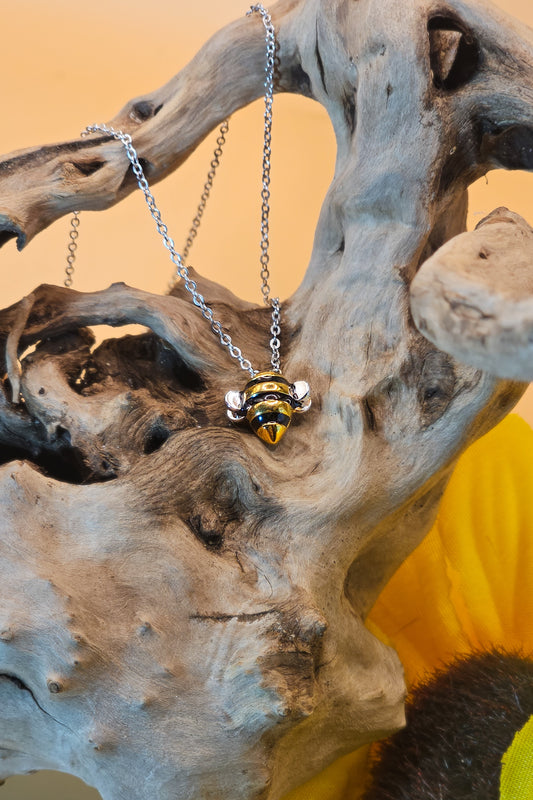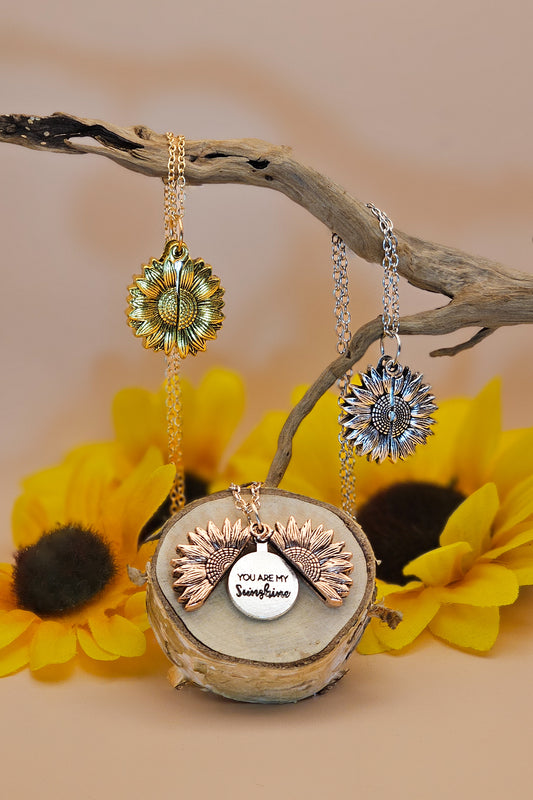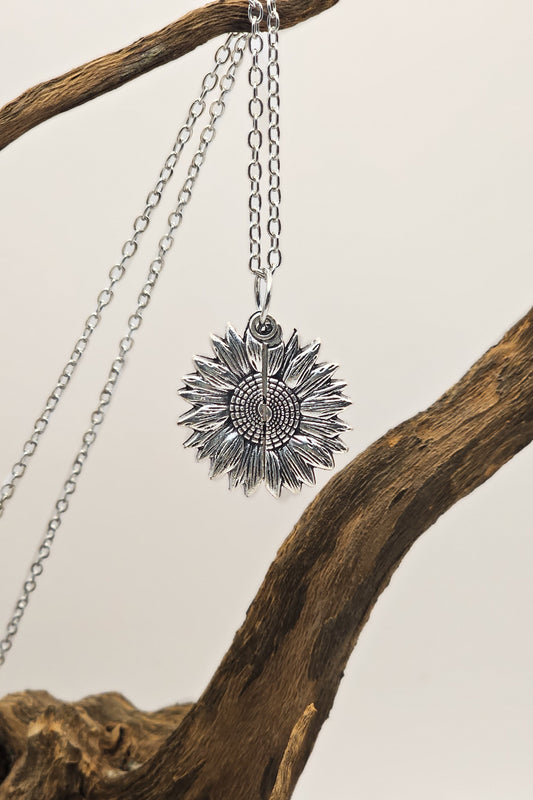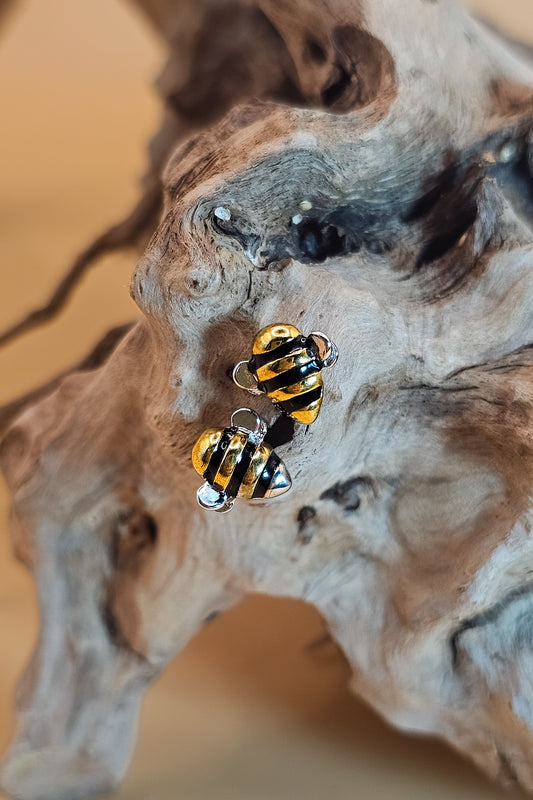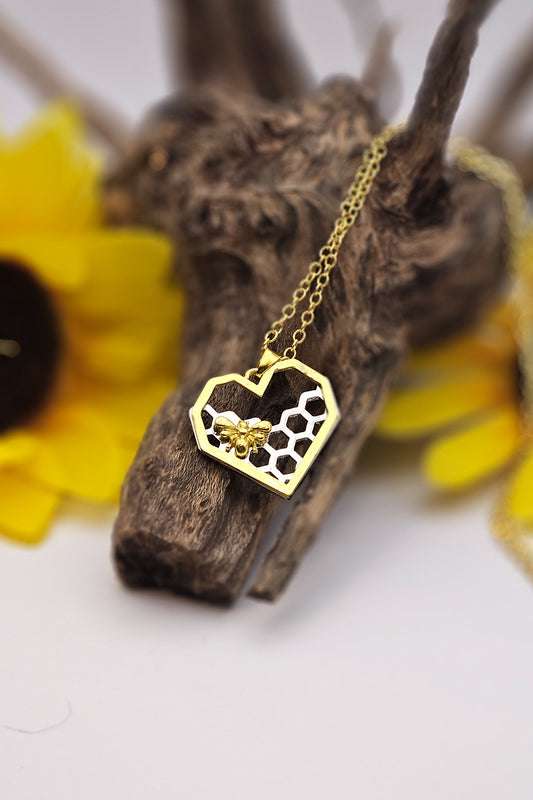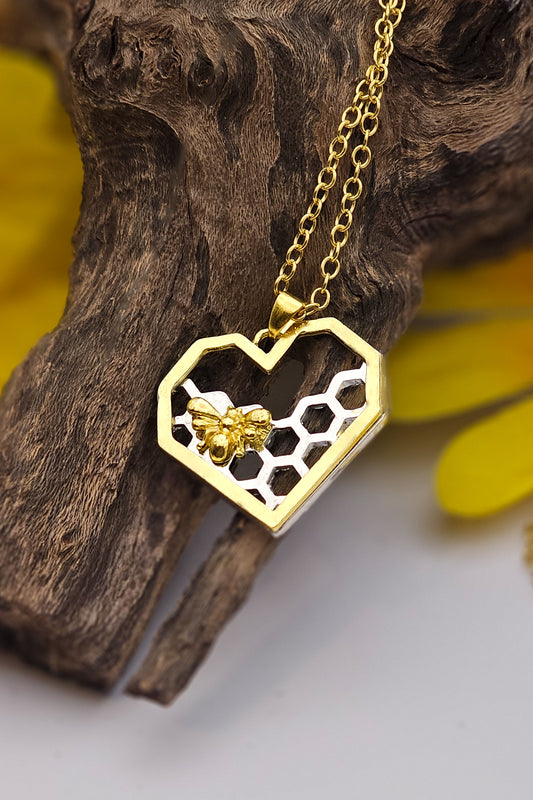When the cold months arrive, many of us bundle up, sip hot tea, and stay cozy indoors. But for bees, winter is one of the hardest times of the year. With flowers gone, temperatures dropping, and food sources scarce, our buzzing friends need all the help they can get. The good news? Whether you’re a gardener, a beekeeper, or just someone who cares about pollinators, there are simple steps you can take to support bees until spring returns.
🌼 Plant for Late Season Forage
Bees need to stock up on food before the frost hits. By planting late-blooming flowers like asters, goldenrod, and sedum, you extend the buffet into autumn. Even herbs like thyme, oregano, and mint can make a difference if you let them flower. The more nectar and pollen available in fall, the stronger bees enter the winter months.
🏡 Leave Shelter for Overwintering Bees
Not all bees live in hives. Many solitary bees spend the winter in hollow stems, brush piles, and even beneath fallen leaves. Instead of over-tidying your yard, leave some natural shelter in place. You can also install a simple “bee hotel” made from wood or hollow reeds to give them a safe place to rest until spring.
🐝 What You Can Do Right Now
Here are a few simple, practical ways to make a big difference for bees this winter:
-
Plant late-blooming flowers and herbs so bees can gather extra nectar before frost.
-
Leave leaves, brush, and dead stems in your yard to create natural shelters.
-
Avoid pesticides and chemicals that can harm hibernating or emerging bees.
-
Provide a bee hotel for solitary bees to nest in safely.
-
If you’re a beekeeper, insulate hives, ensure ventilation, and leave 60–90 pounds of honey.
-
Support local beekeepers by buying honey and bee products.
❄️ Support Managed Hives
If you’re a beekeeper, protecting your colonies is key. Insulating hives with breathable wraps helps reduce harsh drafts, while good ventilation prevents condensation (which is often deadlier than cold itself). Most importantly, leave plenty of honey—bees can need 60–90 pounds to make it through the winter.
🚫 Skip the Chemicals
Pesticides, herbicides, and even some lawn treatments linger in the environment and can poison bees when they emerge in spring. Avoid spraying in fall and winter, and choose organic or pollinator-friendly alternatives whenever possible.
🌍 Support Beekeepers & Habitats
Not everyone has a garden or keeps bees, but you can still make a difference. Buying local honey and bee products supports sustainable beekeeping in your community. You can also join or donate to pollinator-friendly initiatives that protect wildflower habitats and fund new hives.
Small Actions, Big Impact
Bees may be small, but their role in our world is enormous—they pollinate one in three bites of food we eat. Helping them through the winter ensures stronger colonies and healthier ecosystems when spring blooms again. At Bee Mission, every purchase you make supports beekeepers and builds new hives. Together, we can give bees the support they need not only to survive winter—but to thrive for generations to come.


